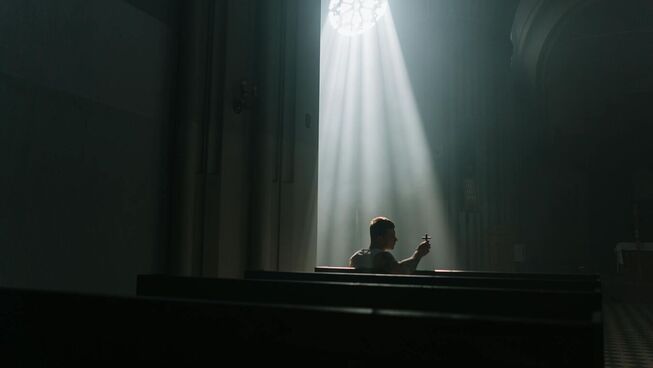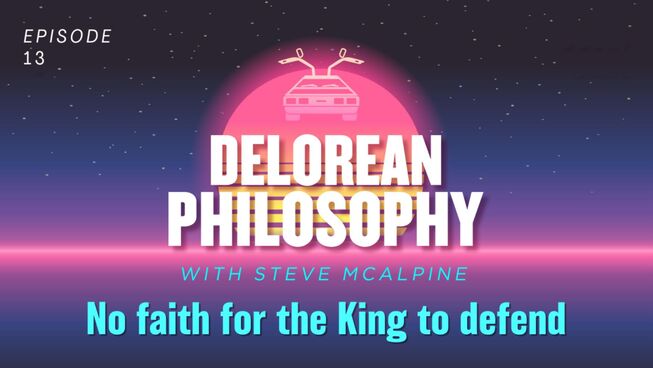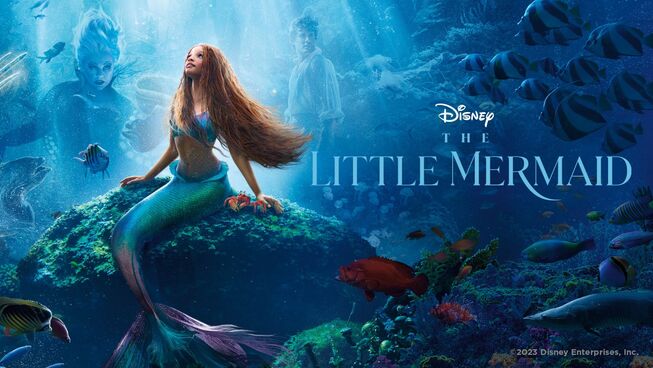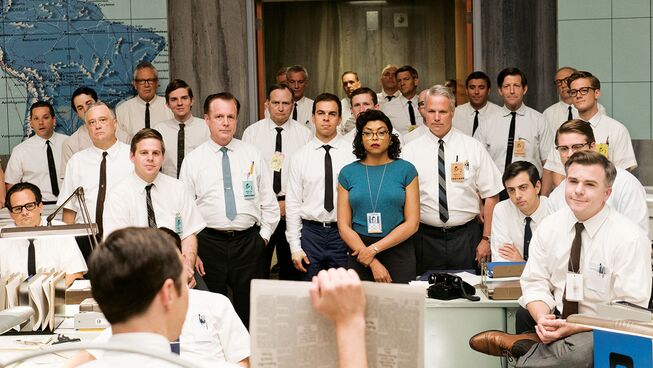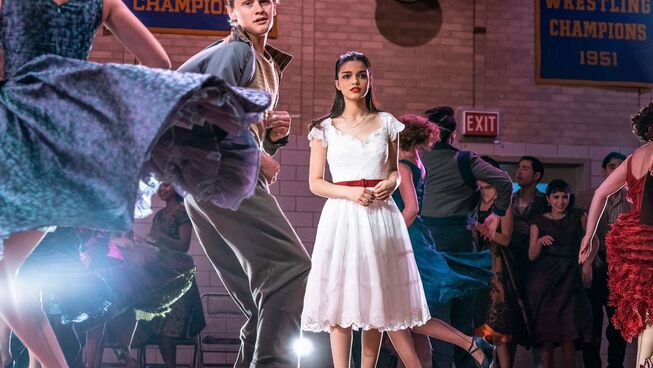The Color Purple
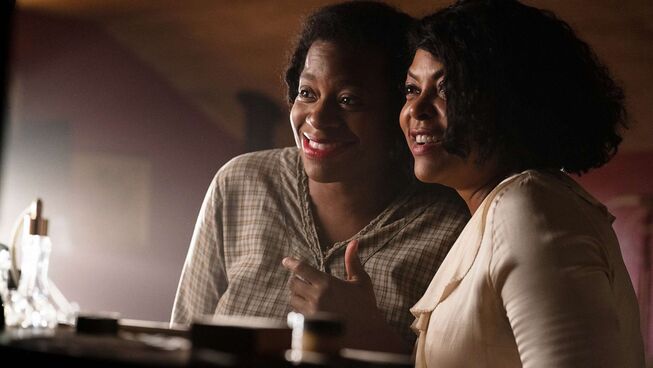
⭐️ ⭐️ ⭐️ ⭐️ (out of 5)
Since the novel’s release in 1982, The Color Purple has received accolades, including the Pulitzer Prize. It also carries the infamous recognition of being one of the most banned books in history. Alice Walker’s tale then made its way to the big screen with Steven Speilberg directing and a little-known cast led by up-and-coming comedian Whoopi Goldberg. Fast forward four decades, and the novel is being reimagined as a musical by director Blitz Bazawule and producers Oprah Winfrey, Quincy Jones and Steven Speilberg.
In early 1900s Georgia, Celie Harris (Fantasia Barrino, Phylicia Pearl Mpasi) lives with her abusive father and beloved sister Nette (Halle Bailey). After giving birth to her second child, which was the result of her father’s abuse, Celie is given in marriage to a local farmer and father of three, Albert "Mister" Johnson (Colman Domingo). This leads to decades of mistreatment and being estranged from her sister. As the years pass, she is introduced to Mister’s former mistress and jazz singer, Shug Avery (Taraji P. Henson). The pair develop a bond that leads Celie to begin to create a sense of independence, discover that her husband has been holding back letters from Nette, and develop into a love affair between the two women. Each relationship covers decades of varying degrees of violence, friendship, forgiveness and redemption that centre on Celie and her family.
Regardless of the audience's familiarity with Alice Walker’s famous storyline, the bold new take on Celie’s coming of age narrative is that it comes in a musical package. The song and dance sequences begin from the opening and take the viewer through until the closing sequences. Each song softens the blow of some of the more confronting elements while delivering an emotional depth to others. Fantasia Barrino and the rest of the cast deliver on each of these numbers and help to lift the whole screenplay out of the depths of despair of life for the African-American woman in the deep South in the early 1900s. From the grand display of colour of Shug Avery’s jazz numbers to the desperate yearnings for an escape from Celie Harris’s sorted past, the musical elements capitalise on director Blitz Bazawule’s music video pedigree and cover for the weaker aspects of the screenplay.
It needs to be said that the story arc does lift towards the end. Still, The Color Purple deals with mature content that may make this inaccessible for the traditional musical fan. Walker doesn’t hold back in her depiction of violence, sexual promiscuity, incest, racial prejudice and alcohol abuse that represents the reality of this community. Though the music does provide a salve for many of the wounds these characters experience, and God does hold a place in the hearts of many within this spiritual journey, viewers should know that this isn’t an Oscar and Hammerstein musical. Yet, the performances by each cast member will draw those who purchase a ticket into the award-winning story of Celia Harris’ rise out of a horrific lifestyle to one of triumphant celebration of the human spirit.
Reel Dialogue: Where is God in all of the suffering?
One thread that manages to get woven throughout the screenplay is the role of God within the community and the lives of key characters. Throughout the harsh realities of those living through this era, many rely on the solace offered by the church and God. Yet, Celia and others question God's existence as suffering occurs in varying degrees within the film. These questions have been asked by people throughout human history and will occur until the end of time.
Even though the spiritual element and answer found in this reimagining Alice Walker’s novel are loosely based on Christianity. One thing that people can find in the Bible is the answer to this profound question and more. Even though the God of the Bible is not the maker of evil, he allows it to make its way into people’s lives to help mould their lives and draw them closer to himself. This might sound counterintuitive, but for those willing to study this subject in detail, this truth begins to make more sense. Also, the God of the Bible did provide a solution to the world's evils with the introduction of Jesus to this world. His sacrifice can provide salvation for anyone who is willing to believe in him for all eternity.
1 Peter 5: 10 - And after you have suffered a little while, the God of all grace, who has called you to his eternal glory in Christ, will himself restore, confirm, strengthen, and establish you.

Reel Marriage
Lights, Camera... Movies and Marriage!
Marriage is one of life’s greatest blessings, yet it faces countless challenges in today’s world. How can we strengthen our commitment and help others see its value? The Bible offers wisdom, but what if movies could serve as a bridge to deeper conversations about love, faith, and commitment?
Reel Marriage explores how film and Scripture can illuminate the beauty of marriage, providing fresh insights into God’s design for love and relationships. From classic romances to modern dramas, movies capture couples' struggles and triumphs, mirroring biblical truths in powerful ways.
Faith and film unite. Are you ready to see marriage in a whole new light?
If you order your copy today you will also receive a complementary handbook that is only available with the purchase of the book (Print or ebook)

